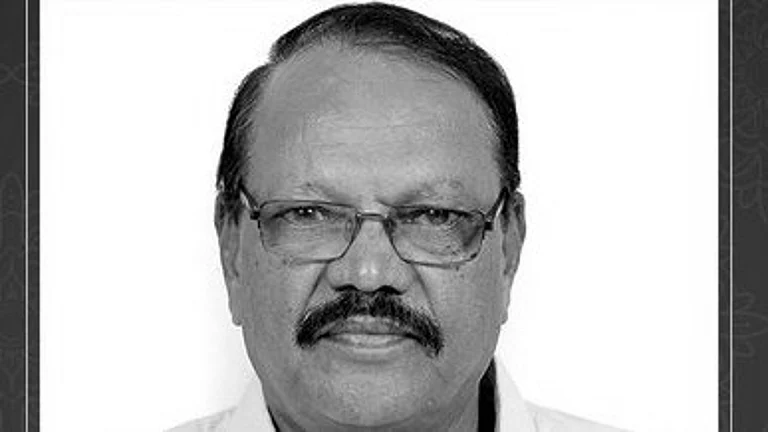Bengaluru, India's IT capital experienced a surge in violence on December 27, as activists vandalised signboards and hoardings of business establishments using English.
The incident reignited the language debate in the city, with protesters demanding the implementation of a '60 per cent Kannada’ rule on all signboards across shops and other establishments.
The 60 per cent Kannada Rule
On Christmas, the Bruhat Bengaluru Mahanagara Palike (BBMP), the civic body in Bengaluru, issued a directive requiring all stores to display signboards with at least 60 per cent of the content in Kannada. More than half of a signboard should read in Kannada, according to this guideline.
Tushar Giri Nath, the chief commissioner of BBMP, warned of legal consequences for commercial stores failing to comply with the signboard order within the civic body's jurisdiction.
Protests and Vandalism
Members of a Kannada organisation, a faction of the Karnataka Rakshana Vedike (KRV), took to the streets on December 27, vandalising signboards and hoardings of business establishments using English.
The protests, which included a march from Sadahalli toll gate towards the city, resulted in the detention of around 500 protesters, including the faction's chief T A Narayana Gowda. Five FIRs were registered in connection with the incidents.
The group had set Wednesday as a “deadline” for all establishments in Bengaluru to implement a Bruhat Bengaluru Mahanagara Palike (BBMP) order mandating 60 per cent Kannada in signage across the city.
KRV, with the slogan 'Kannada is caste, Kannada is religion, and Kannada is god', is the self-proclaimed protector of all things related to the Kannada language. It claims to have 62 lakh members.
Enforcement Deadline
The Karnataka Rakshana Vedike faction set a "deadline" for all establishments in Bengaluru to implement the BBMP order, mandating 60 per cent Kannada in signage across the city.
Following pressure from Kannada groups, the BBMP extended the deadline to February 28, allowing businesses additional time to comply with the norms.
Government Responds
Following the protests and violence in Bengaluru, Karnataka Chief Minister Siddaramaiah issued a statement asserting that action would be taken against the culprits involved.
"I don't know what they (the protesters) are doing. I have got information that Narayana Gowda is protesting about having Kannada name boards. We will take action against those who took the law into their own hands and went against the law," said Siddaramaiah.
He added that he had no objection to Kannada being displayed on signage.
The opposition Bharatiya Janata Party (BJP), typically critical of Congress mandates, supported the municipality's decision.
Union minister and Karnataka MP Pralhad Joshi backed the '60 per cent Kannada' order, questioning why establishments resisted using Kannada signage.
"Everybody should be able to read the signs, and not everyone can read English. What is the harm in writing in Kannada as well as in English or another language, like Hindi? This is not England," he remarked.
Linguistic Diversity in Bengaluru
Bengaluru boasts linguistic diversity with residents speaking Telugu, Urdu, Marathi, Tamil, Malayalam, Konkani, Hindi, Bengali, English, and French. Kannada is spoken by 44.5 per cent of the population, with other major languages including Tamil (15 per cent ), Telugu (14 per cent ), and Urdu (12 per cent ).
The longstanding language divide in the state has been a contentious issue, with natives urging outsiders to learn the local language for day-to-day conversations.


























